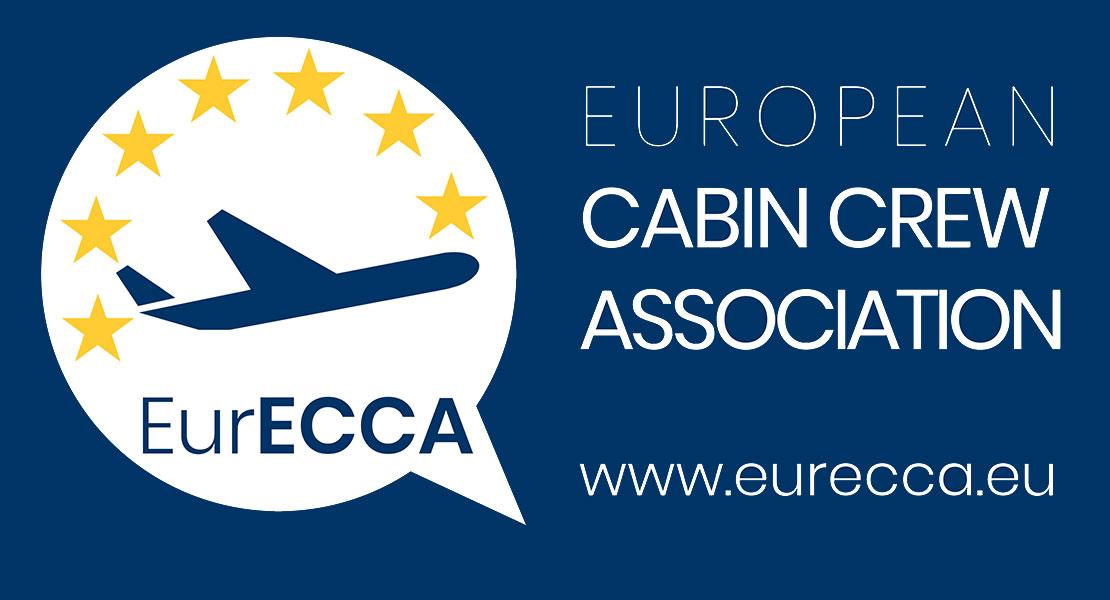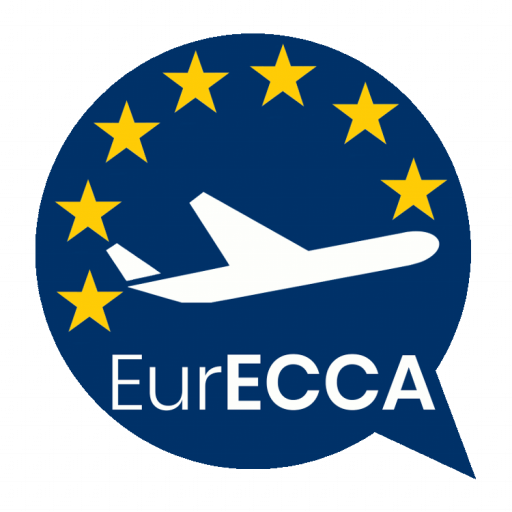Participatory Conference on Labour Market Developments and Labour Shortages in the Transport Sector in the EU
EurECCA (the European Cabin Crew Association) welcomes the publication of the European Commission’s report on the Participatory Conference on Labour Market Developments and Labour Shortages in the Transport Sector. We commend the collaborative approach of the conference, which brought together diverse stakeholders, including EurECCA, to address the pressing issues affecting the aviation sector, particularly concerning aircrews, as well as broader social challenges within the industry.
This position paper outlines our analysis of the report, focusing on the aviation transport sector and the social aspects directly related to the cabin crew workforce. We will highlight both the challenges and recommendations that align with our advocacy for better working conditions, regulatory enforcement, and sustainable employment practices within the industry.
Key Challenges for Aviation Transport and Aircrews
The report identifies several critical labour market challenges affecting the aviation sector, many of which directly impact cabin crew members:
- Labour Shortages: Aviation transport faces significant labour shortages due to both demographic changes (ageing workforce) and high turnover, exacerbated by poor working conditions. Cabin crews, particularly those working for low-cost carriers, are often subject to precarious contracts and exploitative business models.
- Working Conditions: Cabin crew members often face extended working hours, unpredictable schedules, and limited work-life balance. The report highlights these issues across the aviation industry and notes how these conditions hinder the sector’s attractiveness to potential workers.
- Enforcement of Social Legislation: The inconsistent application and enforcement of EU social legislation across Member States remains a major challenge for mobile workers such as aircrews. This inconsistency creates legal ambiguities, making it difficult for workers to defend their rights effectively. Furthermore, some low-cost carriers exploit regulatory loopholes, resulting in substandard working conditions for crew members.
Social Aspects and Recommendations
The participatory conference’s report rightly emphasises the need for social dialogue and stronger collaboration among stakeholders to address the social challenges in aviation. EurECCA fully supports the following recommendations:
- Improving Working Conditions:
- The report stresses the need to enhance working conditions within the aviation sector. EurECCA calls for better enforcement of EU social legislation to ensure fair wages, adequate rest periods, and reasonable working hours for aircrew members.
- Stronger Enforcement of Legislation:
- The report highlights the need for a stronger regulatory framework, particularly regarding mobile workers. EurECCA strongly supports the call for the European Labour Authority (ELA) to play a more robust role in enforcing labour laws and closing regulatory loopholes that undermine workers’ rights. The mandate of ELA must be extended to the aviation sector.
- We also support measures to harmonise the application of legislation across Member States, which will ensure a more consistent and fair treatment of aircrew members working across borders.
- Addressing Unfair Competition:
- The aviation industry suffers from unfair competition, particularly from low-cost carriers that use exploitative business practices, such as atypical forms of employment (wet leasing, use of intermediaries through temporary agencies, bogus self-employment, posting of the workers, etc.). EurECCA advocates for tighter regulations to ensure that all operators adhere to the same high standards for employment and safety. Fair competition should not come at the expense of workers’ rights and safety.
Conclusion
EurECCA welcomes the European Commission’s report as a vital step towards addressing the labour market challenges in the aviation sector. We fully support the emphasis on improved working conditions, enhanced enforcement of social legislation, and stronger collaboration among stakeholders. However, we stress that without concrete actions to address the root causes of labour shortages and poor working conditions, particularly for aircrew members, the aviation industry will continue to struggle to attract and retain the skilled workforce.
We look forward to working with the European Commission, Member States, and industry stakeholders to implement the recommendations outlined in the report, ensuring a more equitable, sustainable, and attractive future for cabin crew members across Europe.
EurECCA represents, protects and develops the rights and needs of all cabin crew all over Europe
Acting Together – Protecting Each Other
About EurECCA: established in Brussels in 2014, the European Cabin Crew Association, EurECCA, represents, protects and develops the rights and needs of cabin crew all over Europe. It is composed of cabin crew unions from European Union Member States as well as accession and bordering states and represents some 33,000 cabin crew accounting for 70% of all organized cabin crew in Europe. EurECCA has no political connections. EurECCA’s work is around Cabin Crew aviation safety, working conditions, social protection and health and safety at work.
EurECCA European Cabin Crew Association AISBL
Avenue Louise 143/4
1050 Brussels, Belgium

